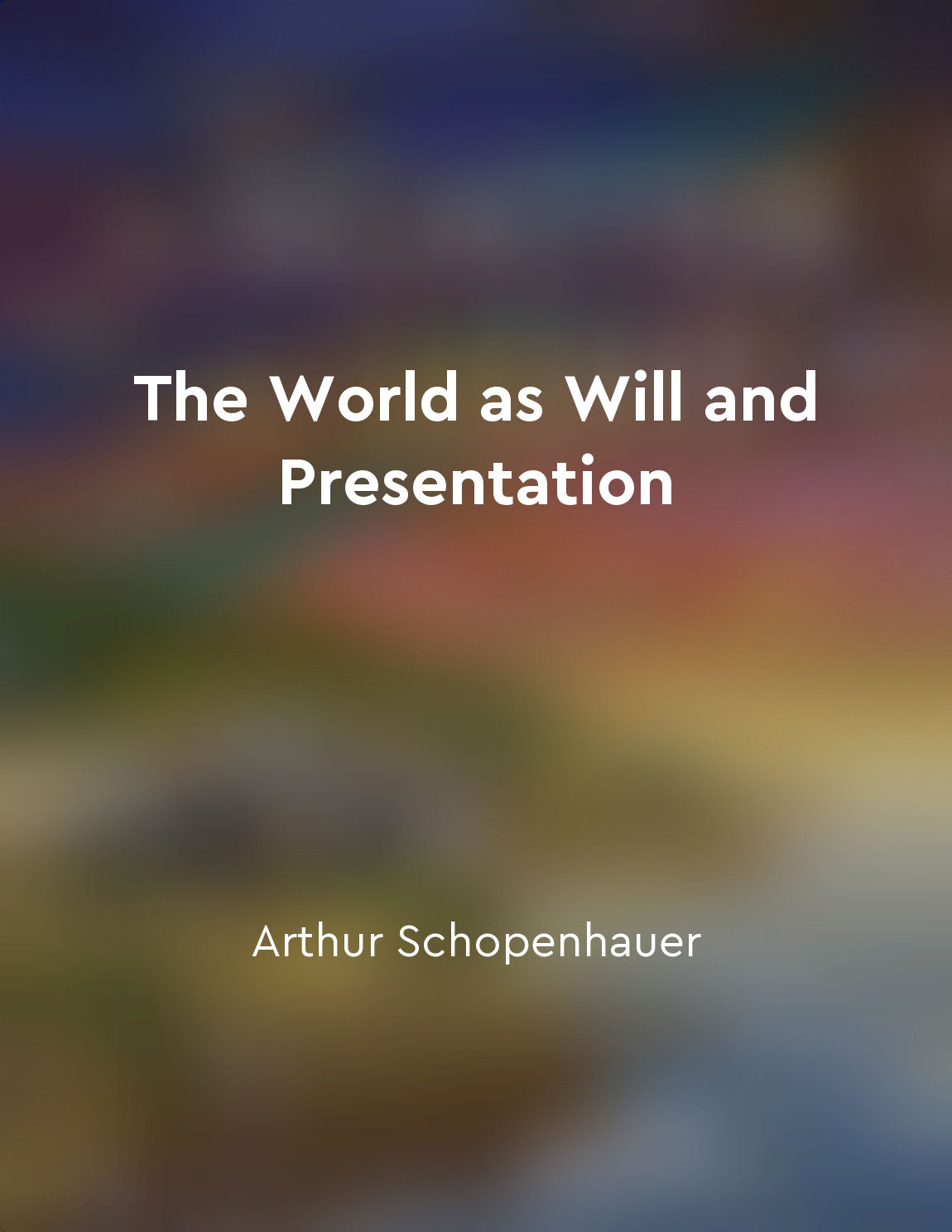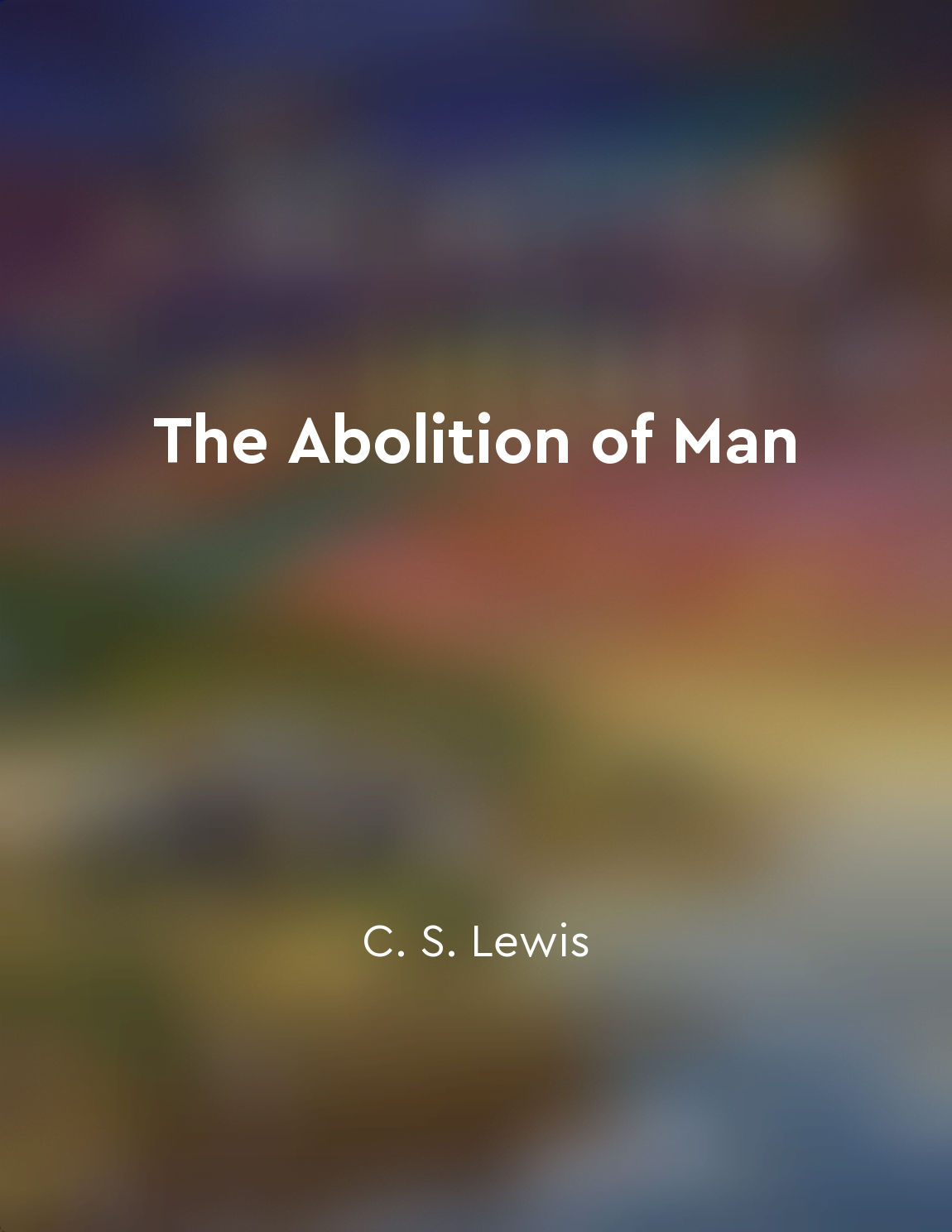Reason alone cannot guide morality from "summary" of A Treatise of Human Nature: Texts by David Hume
Reason is a faculty of the mind that allows us to draw conclusions based on evidence and logical principles. It enables us to make sense of the world around us and to make informed decisions. However, when it comes to morality, reason alone is not sufficient to guide our actions. Morality is concerned with how we ought to behave, what is right and what is wrong. It involves our emotions, sentiments, and intuitions, as well as our rational faculties. While reason can help us understand moral principles and evaluate different courses of action, it cannot provide us with ultimate moral guidance. Our moral judgments are often influenced by our emotions and sentiments, which are not always rational. We may feel compassion, empathy, or guilt towards others, prompting us to act in certain ways. T...Similar Posts

The delusion of materialism and consumerism
The delusion of materialism and consumerism is a pervasive phenomenon in modern society, driven by the relentless pursuit of po...

Religion can hinder scientific progress
Religion has the potential to impede scientific progress in a variety of ways. One such way is by promoting dogma and faith ove...
Live in harmony with nature
Living in harmony with nature is a principle that has been emphasized by many wise individuals throughout history. Seneca, a pr...
Justice is essential for maintaining societal order
In human society, justice plays a vital role in ensuring the maintenance of order and harmony among individuals. Without justic...

The necessity of recognizing the intrinsic value of human beings
In a world where moral values are being eroded, it is crucial to acknowledge the inherent worth of every individual. This recog...

The natural world can be explained through science and reason
The workings of the natural world are not hidden from us. They are waiting to be uncovered, explained, and understood through t...
Solitude can be beneficial
In the solitude of his study, a man may find the opportunity to engage in introspection and self-reflection. It is in these mom...
Constant conjunction does not imply causation
When we observe two events that are constantly conjoined, such as the rising of the sun and the warming of the earth, we tend t...
The state should discourage excessive materialism
In our ideal state, we must consider the dangers of excessive materialism. When individuals become consumed by the pursuit of w...
Education about the consequences of violence can help prevent it
One of the most effective ways to deter violence is to educate individuals about the real-life consequences of their actions. B...
